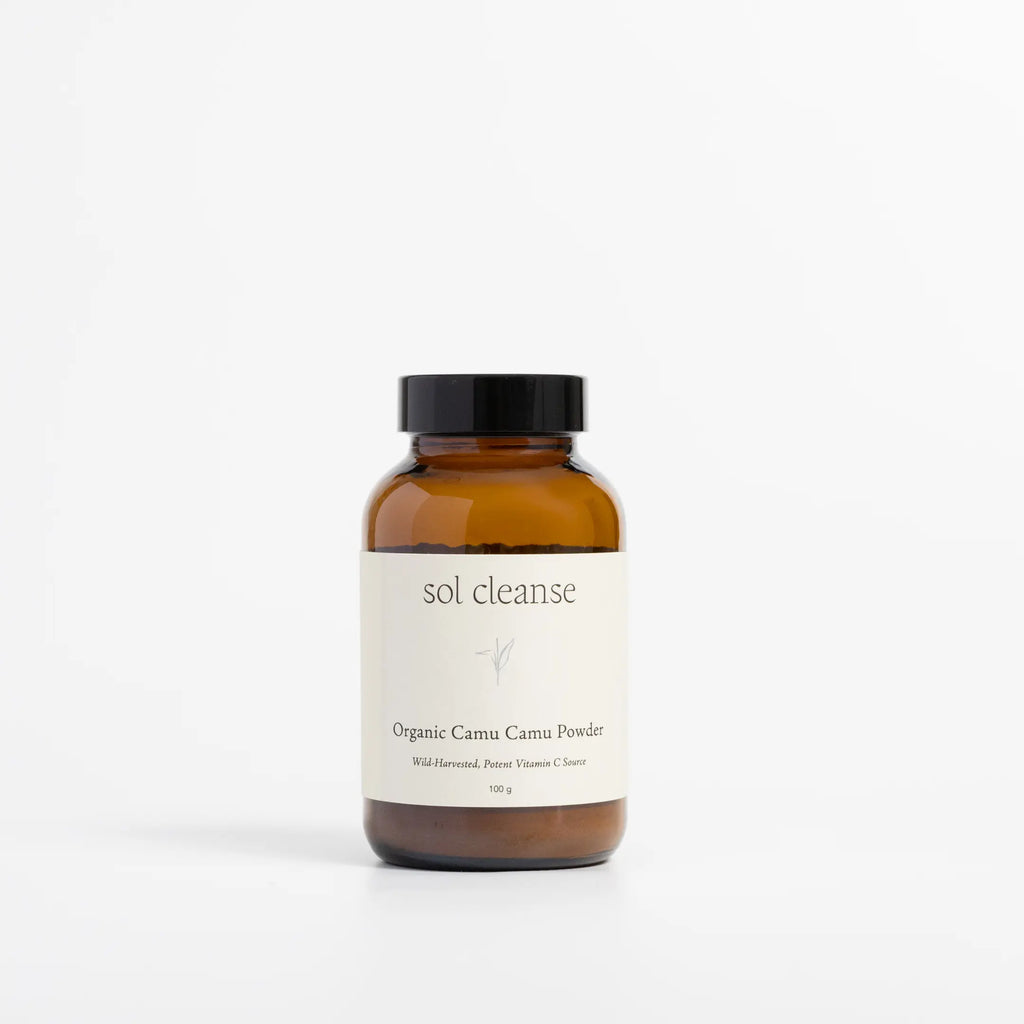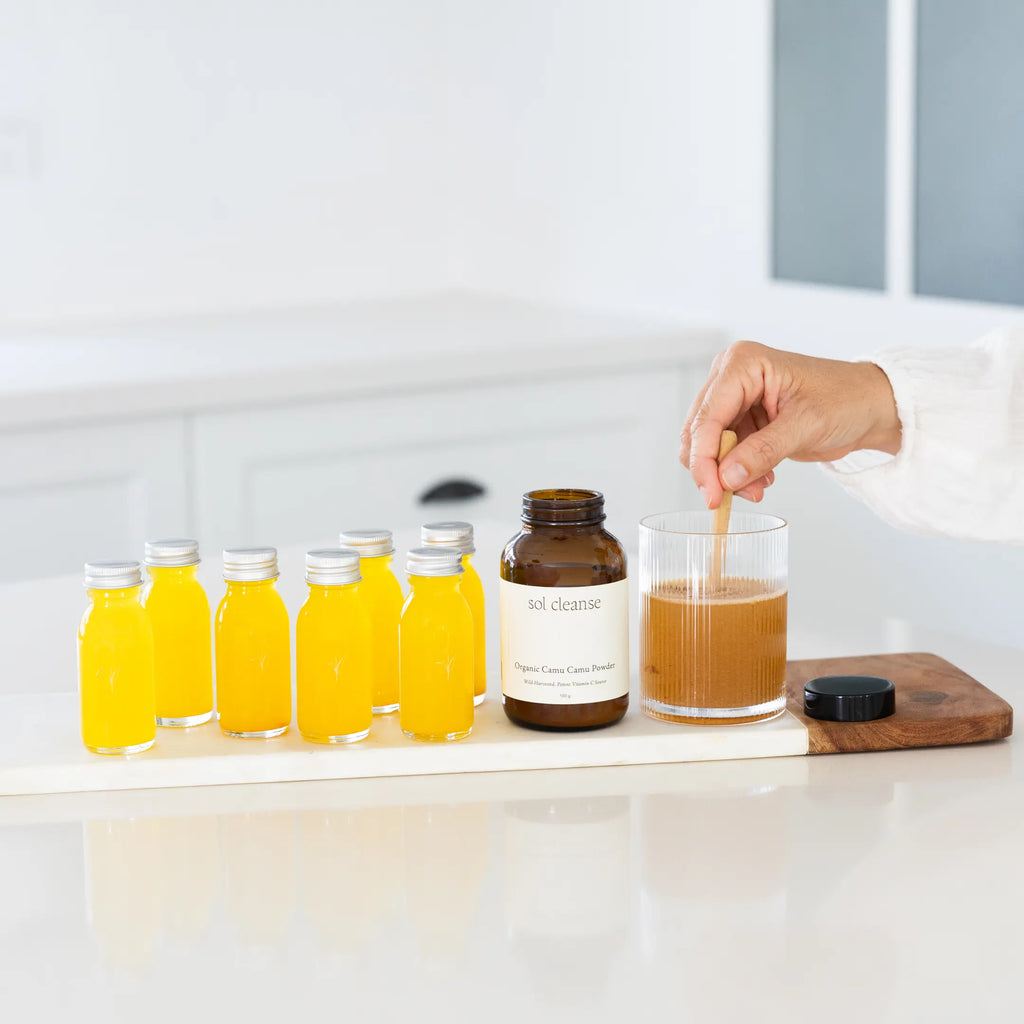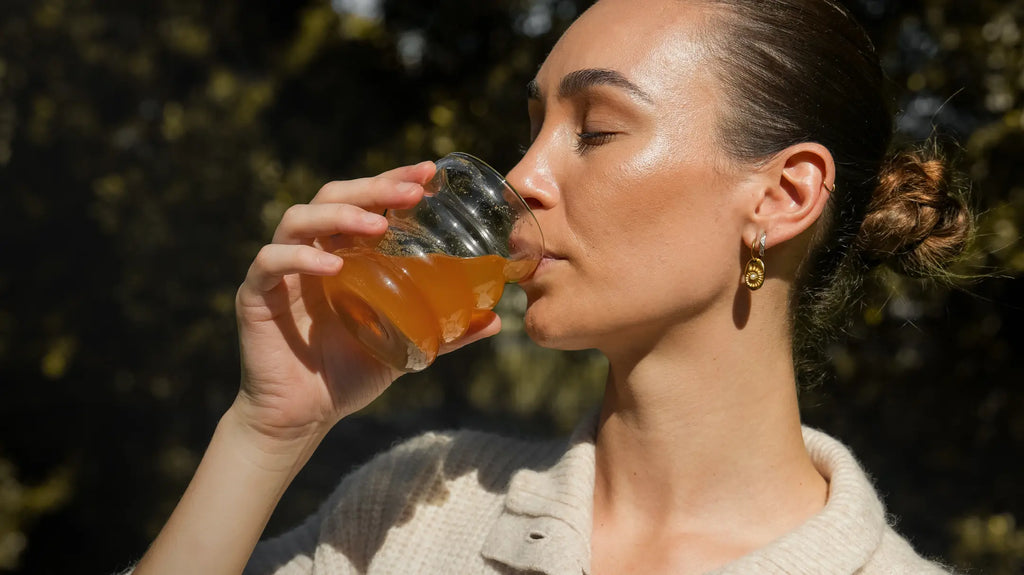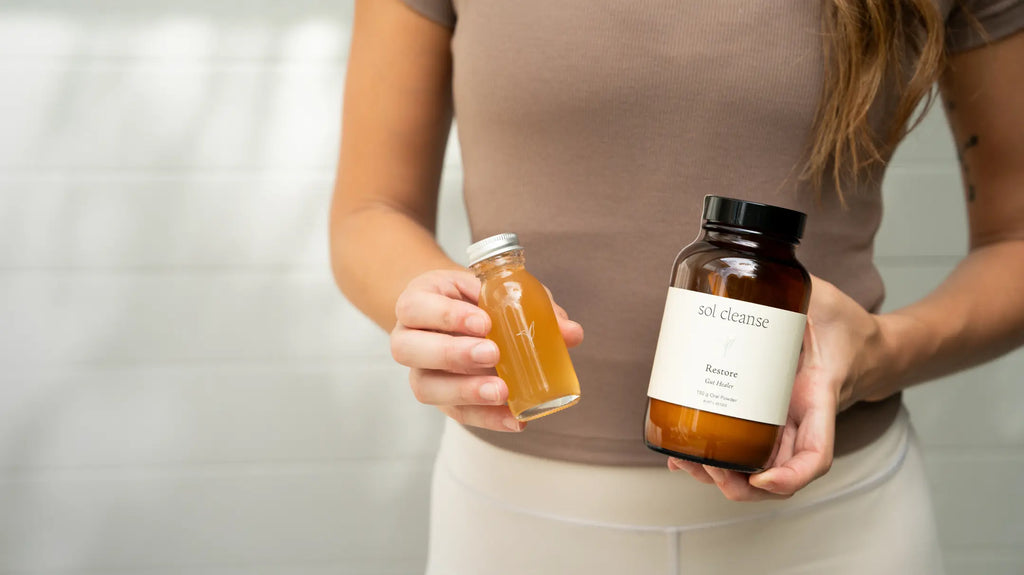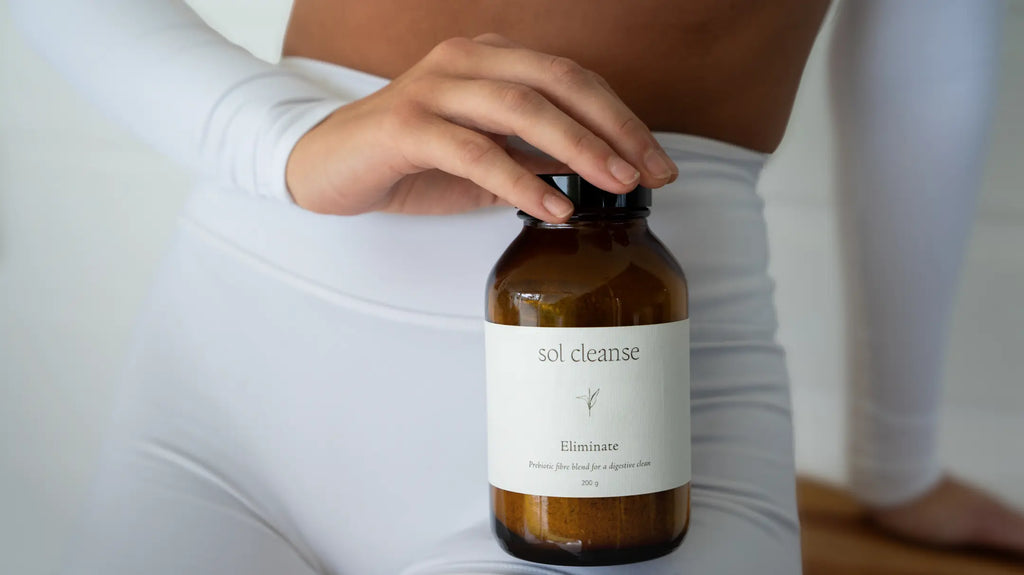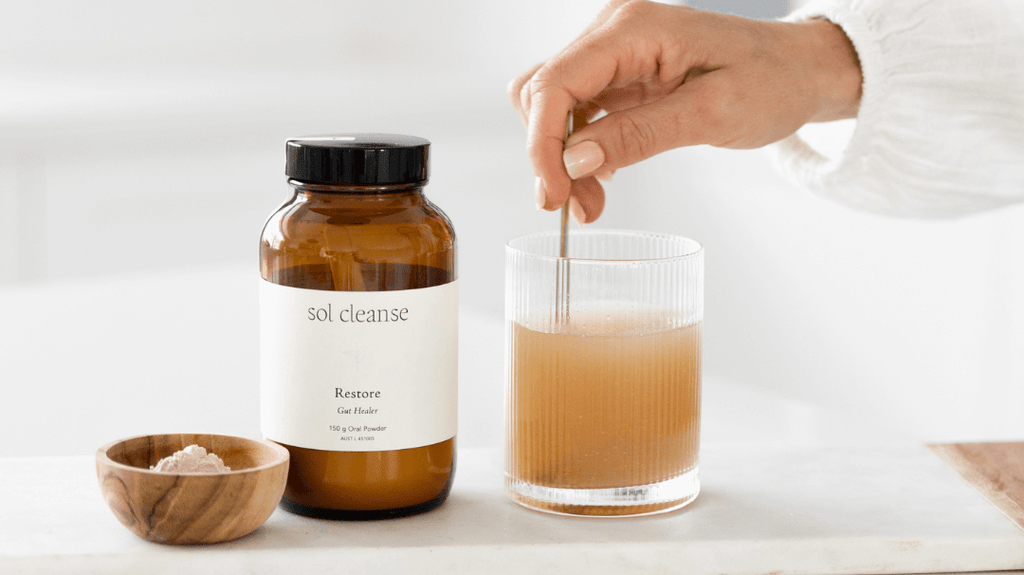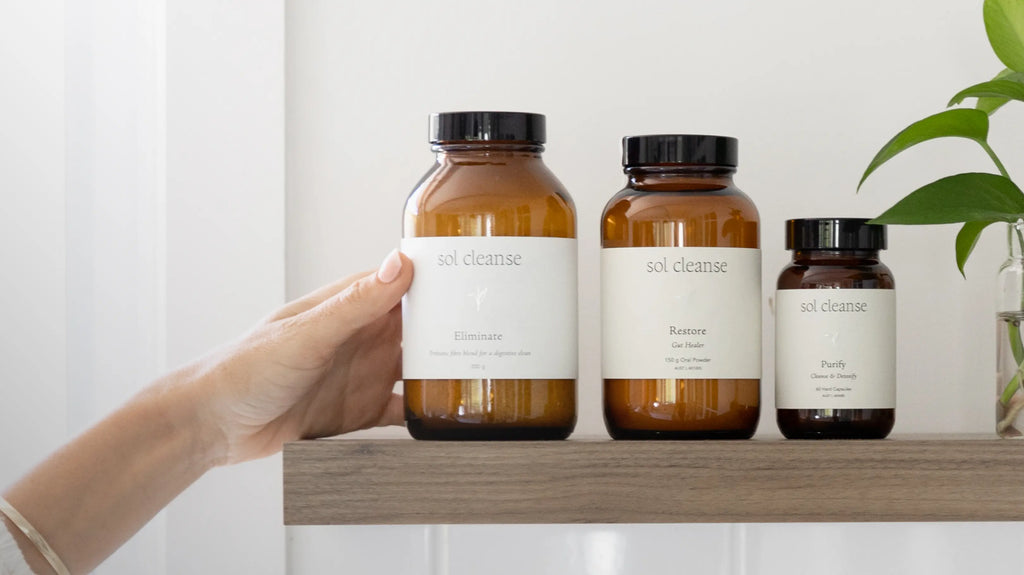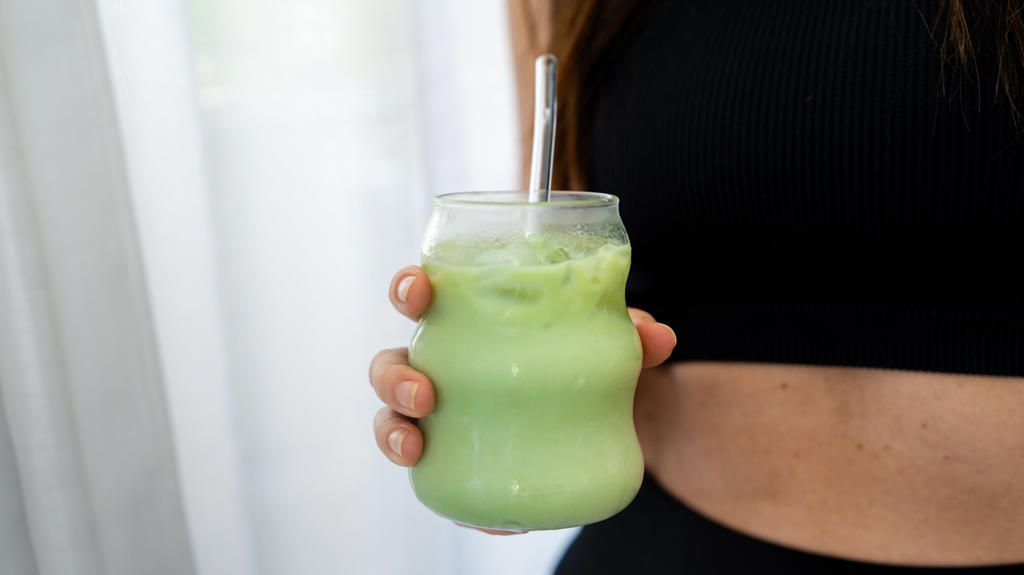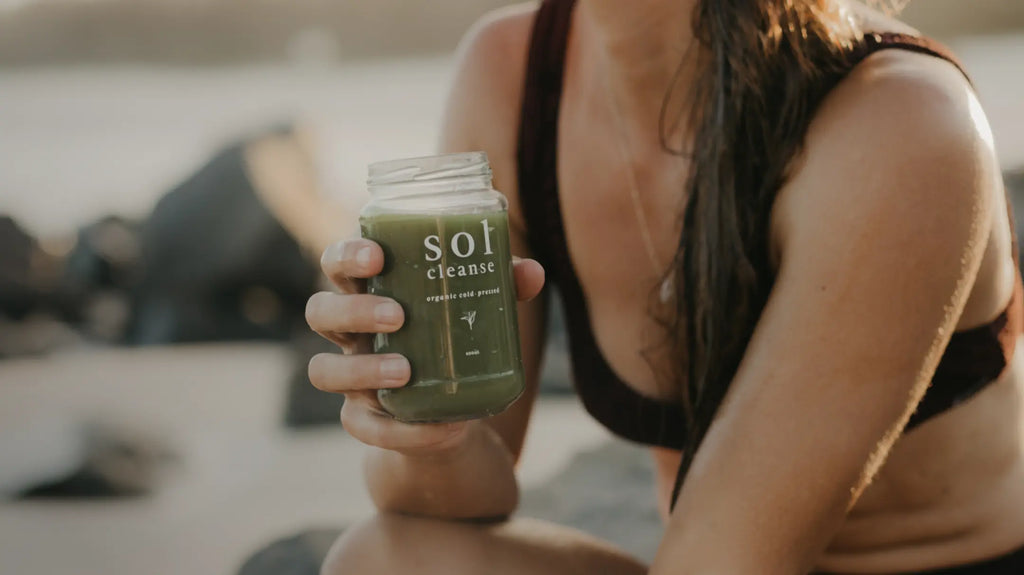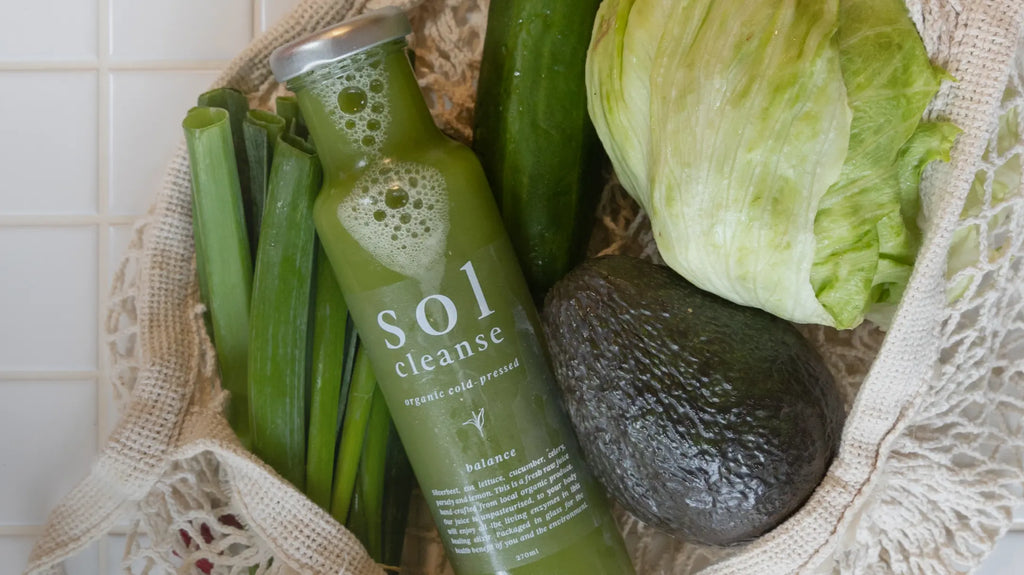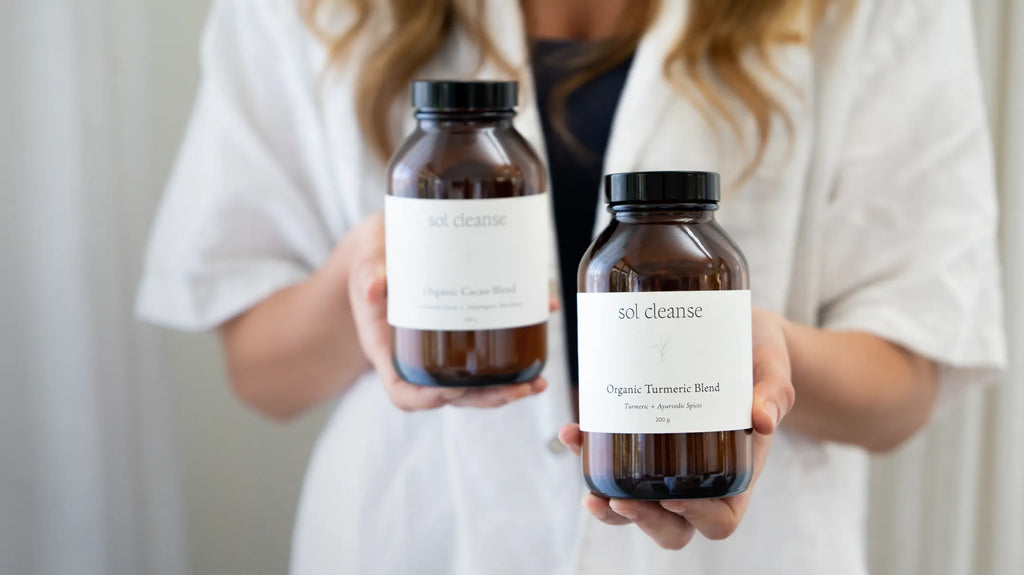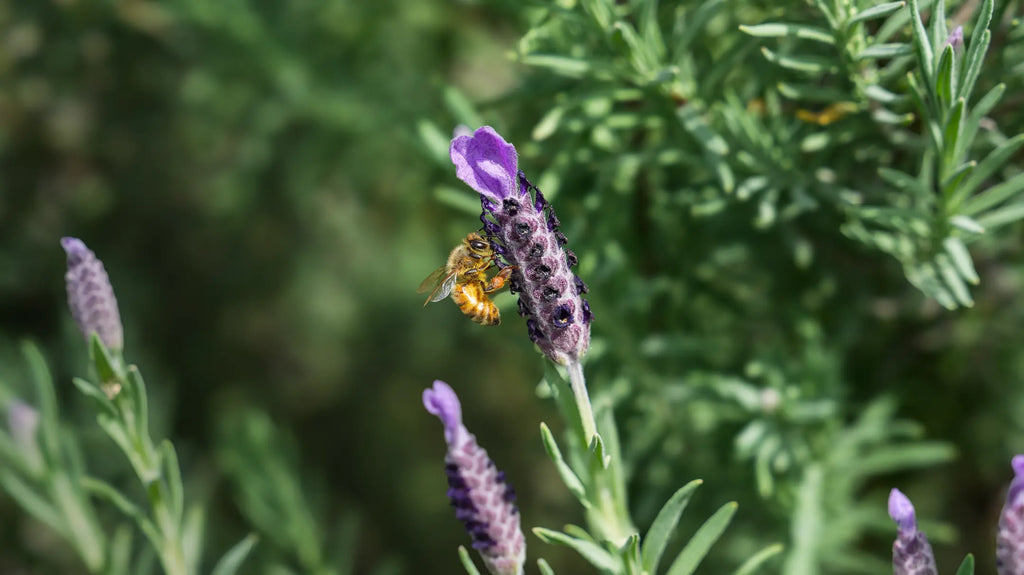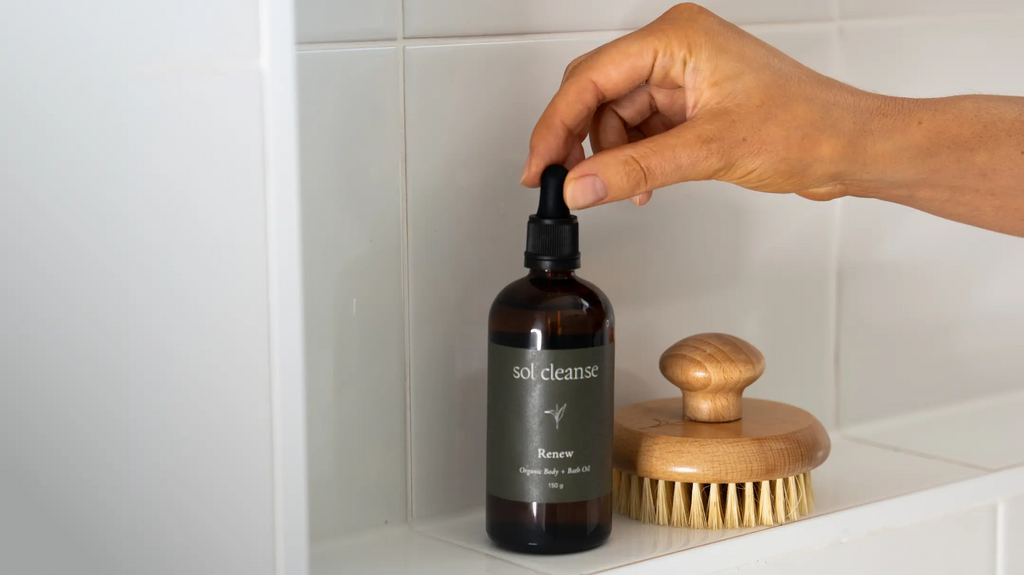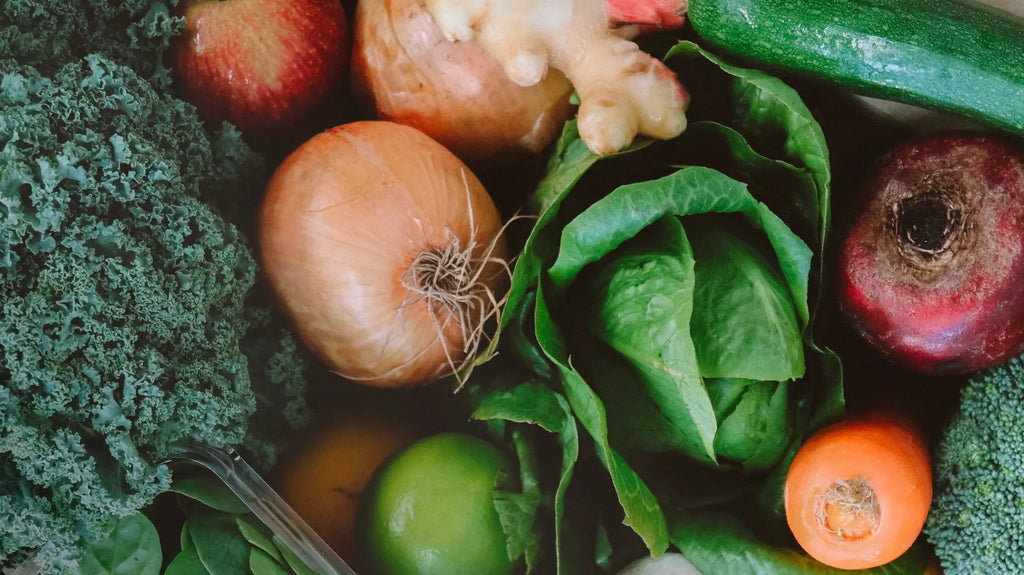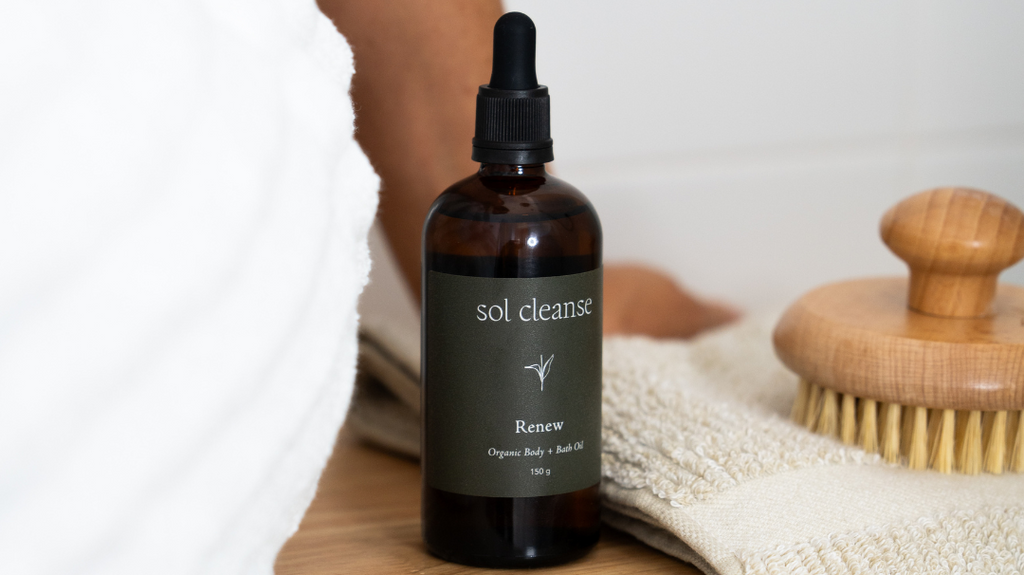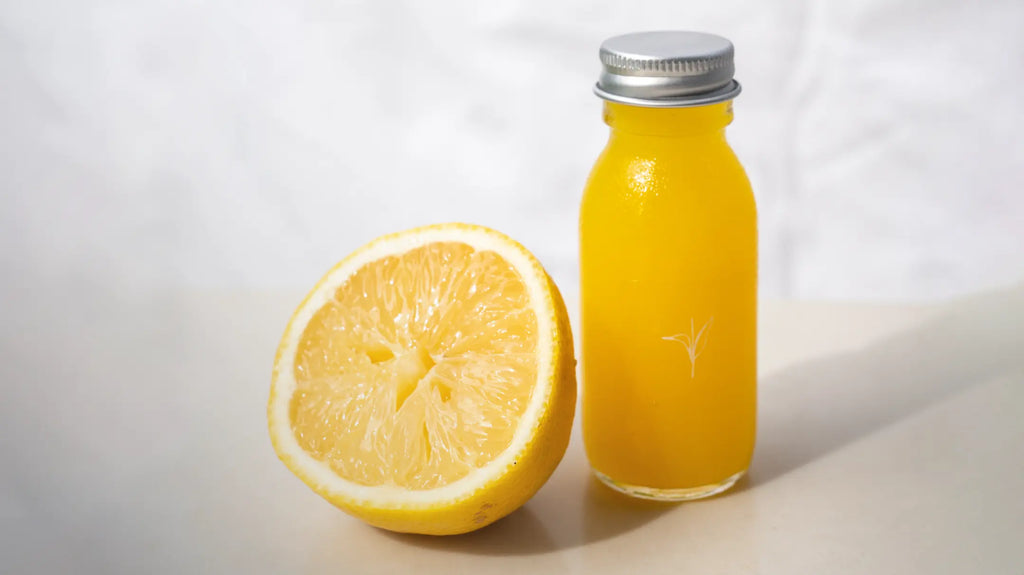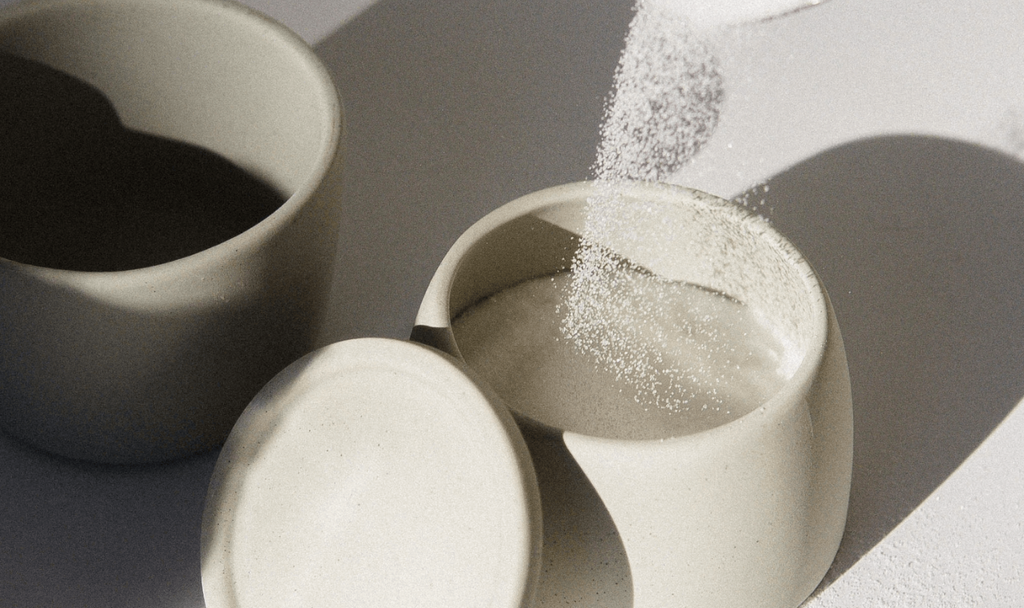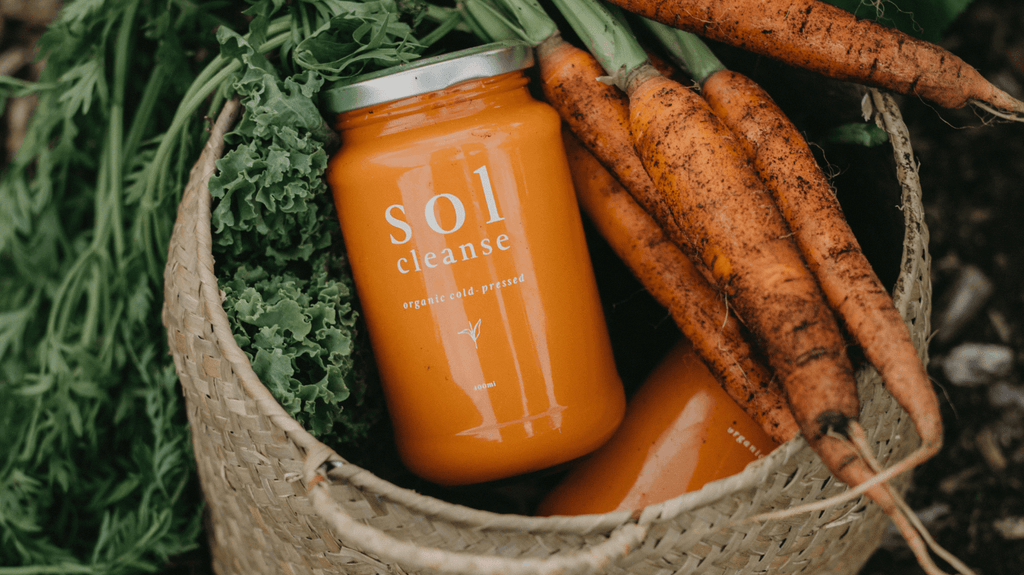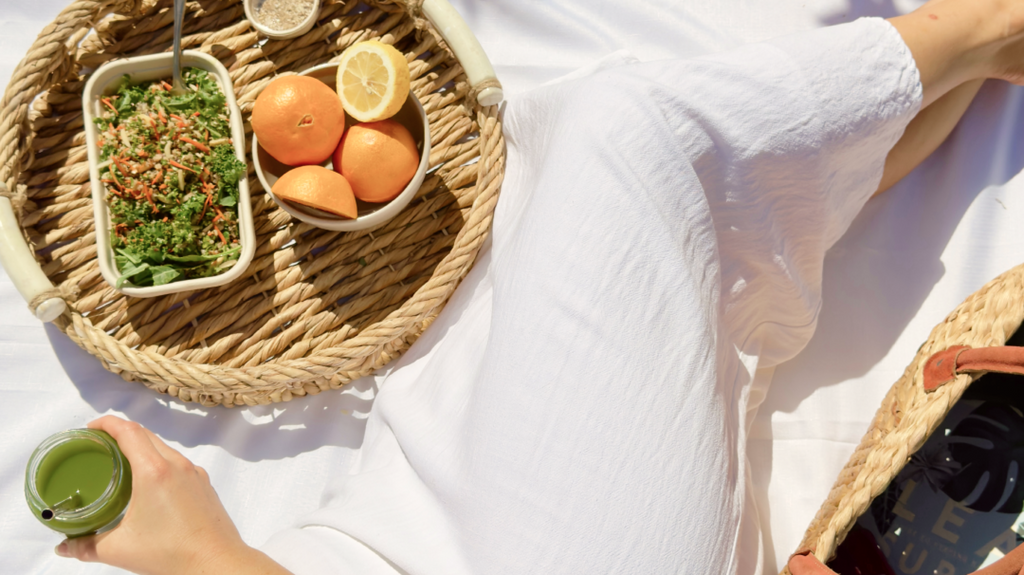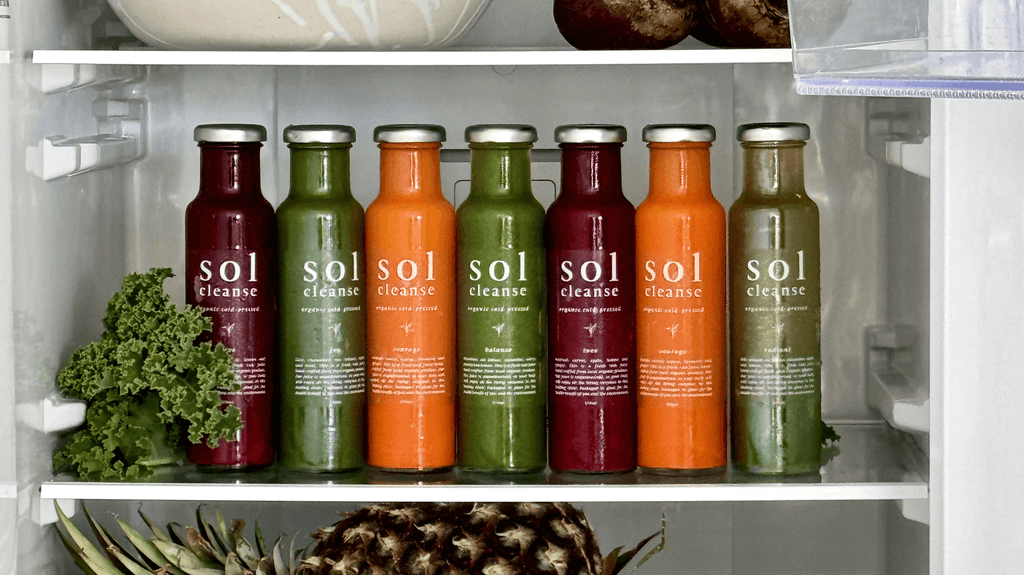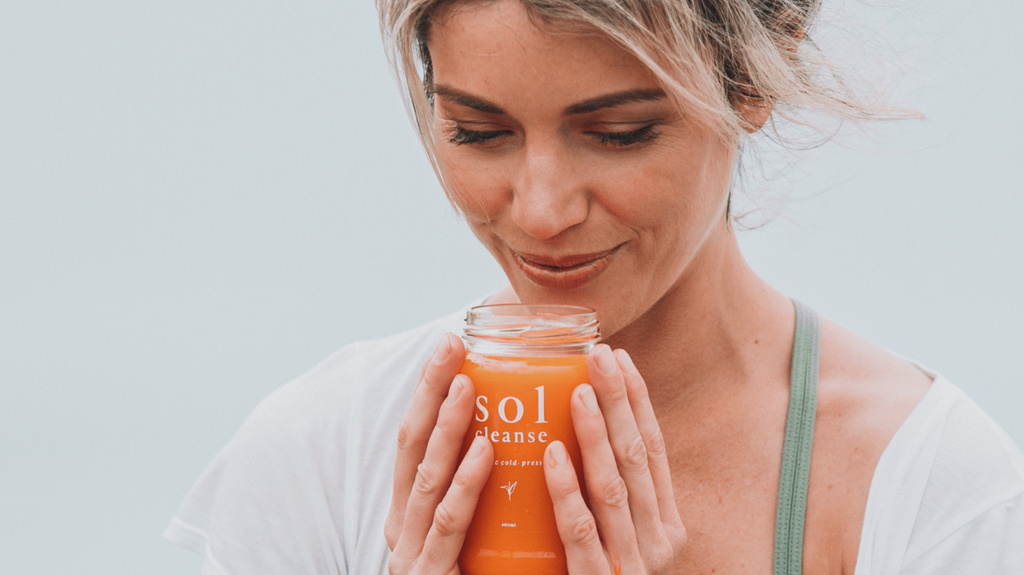Really generous and delicious selection featuring the highest quality products. I perhaps didn’t do enough homework, and had trouble getting through them all, so my husband enjoyed a boost too. I’ll definitely do it again as I felt calm in mind and tummy; however, I’ll probably select less nut milks etc as these don’t normally feature in my diet. Amazing quality, service and support, thank you.
Good morning,
Thank you for taking the time to share your experience with our Gut Healing Cleanse. We are thrilled to hear that you found the selection to be generous and delicious, as well feeling the wonderful benefits. Thank you for choosing Sol Cleanse and we look forward to nourishing you again in the future
The food was fresh & very delicious. The juices were great as well. The meals are very small & I had to add extra veg & or salad.
Hi Lovett,
Thank you for your review on our Organic Whole Food Meal Pack. We are glad to hear that you enjoyed the freshness and taste of our meals and juices. We design our meals to offer balanced, appropriate portion sizes, but we understand that everyone’s needs and appetites are different. Adding extra veggies or salad is a great way to make the meal your own, and we’re glad you found a way to tailor it to what feels best for you. We appreciate your feedback
After recently giving up alcohol and putting a focus back on my gut health so I can undo years of damage, I'm found this product to be extremely supportive for my digestive system. I use it in conjunction with Eliminate and Purify and find the 3 supplements combined to work really well in improving my gut health, bloating and inflammation. My insides haven't felt this good in years.
Hi Jade,
Thank you for your review! That’s a powerful step in your healing journey, prioritising gut health after such a significant lifestyle shift makes a real difference. We truely appreciate the time you've taken to share how our products have impacted your health.
I didn't realise I needed this supplement in my life until I started taking it. It has significantly reduced bloating and has made my bowel movements more comfortable and regular (I know, too much information but it's true!). I take it at night with the Restore and Purify supplements, which work wonderfully in combination with one another. Thank you Sol Cleanse!
Hi Jade,
Thank you so much for taking the time to leave such a kind review. We're so happy to hear that it has made a positive impact on your digestive health and that you've found it to be a gentle and effective supplement. Thank you for choosing Sol Cleanse and for sharing your experience with us. We appreciate your support
I wasn’t sure what to expect with the taste, but it’s honestly so refreshing - sort of similar to lemon water when mixed with plain water, which I really enjoy. I’ve also added it to smoothies and can’t even taste it. It’s become part of my daily routine, and now my husband’s hooked too - which says a lot!
Hi Jas,
We appreciate your lovely review for our Organic Camu Camu Powder. We're thrilled to hear that it has become a staple in your daily routine and that you and your husband both enjoy it. Thank you for your support











